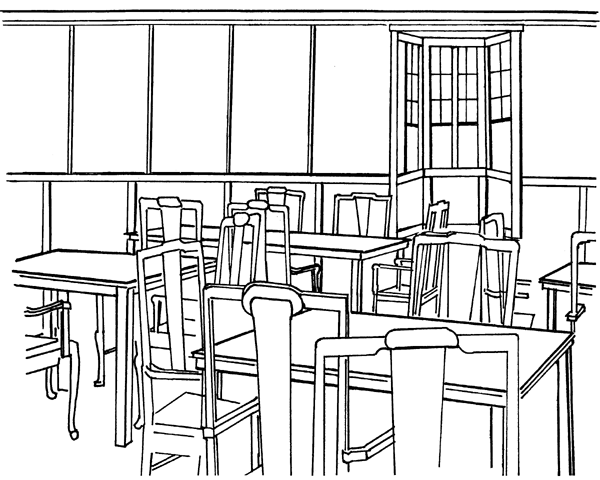Curry would have been a sociologists dream come true. All of human nature was present, the 'rules' of mankind were all there:
1. The "haves" will always
be resented/hated by the "have-nots."
2. The "haves" will always measure themselves against the "have-nots."
3. No one is allowed to be different.
4. As Einstein stated, "Great spirits have always encountered violent
opposition from mediocre minds."
5. "Civilization" is alien to the true forces compelling human
nature.
6. Good, bad or ugly, relationships determine outcomes, not individuals.
7. Money and education do not alter a person's true nature.
8. Equality is a political myth.
9. Trust, at your own peril!
10. Call it Mother Nature" or "God," there is a mysterious
ruling cosmic power.
The last statement needs an explanation. The animals of Alaska are governed by fascinating and reliable "forces." If a dog or pet developed a premature and thick winter coat – start gathering more fire wood; a tough winter was ahead. If the caribou herds were diminished by disease, food shortage or wolves, multiple births automatically increased, independently of any food supply. When the migratory foul were first seen; spring would quickly follow. Too much of "Mother Nature" said that science had a lot of surprises, ahead. The lessons seemed to say that it was radically more important to understand what was true, versus demanding a scientific explanation.
Therein, the 'natives' of Alaska saved many a 'white man,' who mistakenly thought that a high IQ and a civilized education implied a superior ability to survive and thrive, in the bush. WRONG! No one knew of a Caucasian who could compete with the instinctive 'smarts' of the native Alaskans - Indian, Eskimo or Aleut. Great movies have been made, just based on such cultural differences. In subtle statements, the rule was always present, "Trust them, they know." Implied was the message that it was easily worth you life to believe otherwise.
Subtly, the 'bush' delivered another interesting lesson; that alcoholism was a genetic predisposition, probably steeped in an ancestral high-protein, low-carbohydrate diet. Scandinavian, Indian or Eskimo – alcohol was reliably far more of a poison, than recreation. Comparably, those such as Italians seem to have a borderline immunity to alcoholism. The common denominator to those seemingly immune had an ancestral diet of fruit. Watching a person's propensity for sugar was a reliable barometer for alcoholic predisposition.
Amazingly, the 'lesson' was better said to be 'understood,' versus "…learned and implemented." The problem remains being treated as a 'disease,' or a phenomenon of 'culture shock,' versus a 'metabolic trait;' on par with diabetes or an allergy. Alaska paid a high price for its alcoholism – and still does. In those days, drugs were a very distant phenomena.
Life was generally boring in Curry, but people being a mysterious constant, there was still no shortage of sociology. My father was considered to be the 'rich guy' of the town. (He wasn't rich, by any means.) Mac, a relatively constant pipe smoker, seemed to carry the air of a mayor. Al Yakasoff carried himself with a decent measure of dignity. Al seemed to be the town philosopher. His wife, Ruth, was a quiet type, seeming to prefer to blend into the woodwork. She taught me to tie my own shoes and played something of a second mother. Her manner was more a function of authority, as opposed to any remarkable fondness for children. Begrudgingly, I helped her fold hundreds of paper napkins – "MD" brand.
By the time we got to Curry, the dining room had been outfitted with a cafe counter and stools. I think it was a rectangular "U" shape. If I remember correctly, a second counter had been removed. The lobby and dining room had black and white square tile on the floor, in place of the original hardwood flooring and carpets. The tile pattern was a random pattern of "Ls"
As you walked into the dining room, the counter was on the left side of the room, toward the 'tracks.' The right side still had a few tables set up, more for looks. I don't remember many meals being served in the fashion of a family dinner. The bay windows in the dining room gave it an extra touch of class.

DINING ROOM – LOOKING TOWARD THE RIVER